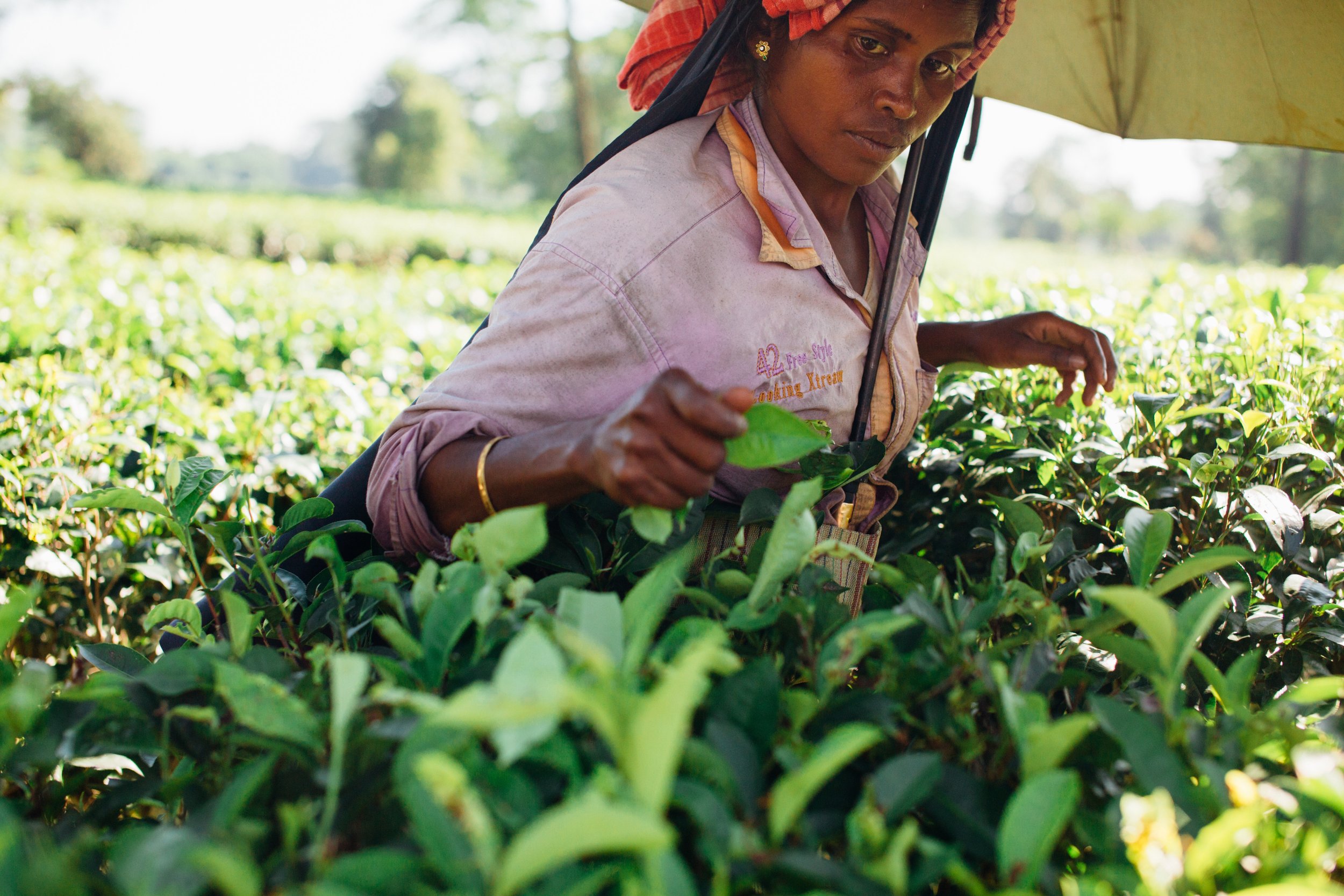REGIONAL ECOSYSTEM DESIGN PROCESS
Facilitating Ecosystem Design
Driving Food Systems Transformation Across Regions in Africa
Geography
Africa
Collaborators
SecondMuse, Oxfam International
COLLABORATOR
Summary
Today, regions across the globe are experiencing some of the highest rates of food scarcity and environmental challenges ever. In Africa specifically, as a result of the Covid-19 Pandemic, communities are undergoing faster rates of population growth while facing acute hunger and food insecurity. Oxfam International and SecondMuse partnered to launch Urban Food Hives to enable visionaries to build sustainable, environmentally-friendly, food futures that meet the needs of all people within their communities.
Working alongside SecondMuse and utilizing their Ecosystem Development Framework, we joined Oxfam country teams from Nigeria, Kenya and Uganda to leverage community strengths, resources and relationships to form visions for the future of their food systems.

Opportunity
When it comes to food systems innovation, there is a vital opportunity for collaboration and partnership with on-the-ground communities, businesses, institutions, and governments that are already driving change-making efforts. By working within these ecosystems, effective and relevant intervention and systems transformation can take place.

Process
Alongside the SecondMuse team, my role and challenge was to adapt the SecondMuse Ecosystem Development Framework to support key food efforts across three teams from different countries. Armed with insights from previous projects and work, I facilitated a process that felt relevant to visionaries, and allowed them to learn together and from one another.
Step One: Adapting SecondMuse’s Ecosystem Development Framework to Activate Teams in New Ways
The Ecosystem Development framework focuses on the ecosystem aspect of an intervention by embracing the complex, living and breathing, relational dynamics that are inherent to a specific community. This unique approach lends guiding tools that aid in understanding the ecosystem, strengthen and build new relationships and understandings within it, and develop interventions that are powerful, site-specific, and helpful to the community.
Working alongside the SecondMuse team, we leveraged tools and insights from the Ecosystem Development Framework and applied them within three different communities in Nigeria, Kenya, and Uganda. Each country team first identified a transformational goal or “North Star” to be a guiding post in understanding their unique ecosystem. Stakeholder mapping allowed the teams to understand who key partners might be as they progressed within the Urban Food Hives Project. Through a series of facilitated convenings, we worked individually with each country office to gain an understanding of their operations and approach. Then, we brought the teams together, to support the cross-pollination of ideas and insights between and amongst them.
Step Two: Guiding How to Conduct Research to Identify Opportunities in the System
To define specific intervention points, we needed to determine the different factors that influence each team’s North Star and gain an understanding as to how those factors work within their specific ecosystem. System factors were identified across regional food systems to support teams in focused research to learn about areas where there was uncertainty or limited understanding, and identify gaps ripe for innovative programs.
Step Three: Driving Community-Informed Program Design
We worked with each of the country teams to uncover and define the concepts they could implement or explore within their communities to drive food system transformation. Centered in a human centered design approach, teams took these concepts out into their local communities and shared them with a subset of the previously- identified project stakeholders. By testing and receiving feedback on their ideas, teams identified optimal partners, blindspots in their visions, potential partners and collaborators, and emergent opportunities across those concepts.
Communities’ needs and knowledge were prioritized as teams began to engage stakeholders and test aspects of early program prototypes. From these efforts, each team developed a theory of change for distinct communities: Kampala, Soroti, Nairobi, and Jos.
Key Insights
Diverse experiences facilitated connections
It proved to be quite successful and effective to work with three different countries within the same region. Teams shared a lot of insights and experience on policies, cultural practices and challenges that they were contending with, in real time, on the ground. At the same time, by embracing the idiosyncrasies of their countries, each team contributed to an overall insightful process with the beneficial cross-pollination of practical and actionable ideas.
Supporting knowledge-sharing had ripple effects beyond the project
Each country office sent 3-5 representatives per team to virtual convenings who would in turn, bring back their learnings to the greater office. They served as knowledge ambassadors, full of ideas and new processes to incorporate into their work. Concepts involving systems practice and the leveraging of human-centered principles could then be applied to different projects outside of the Urban Food Hives process.
Adapting the facilitation style and practices to the local context was critical
Deep insights are to be gained from learning how to facilitate such work within the framework of different cultures. Honoring and recognizing new ways of communicating information that feel right for different populations is a learning experience itself.







